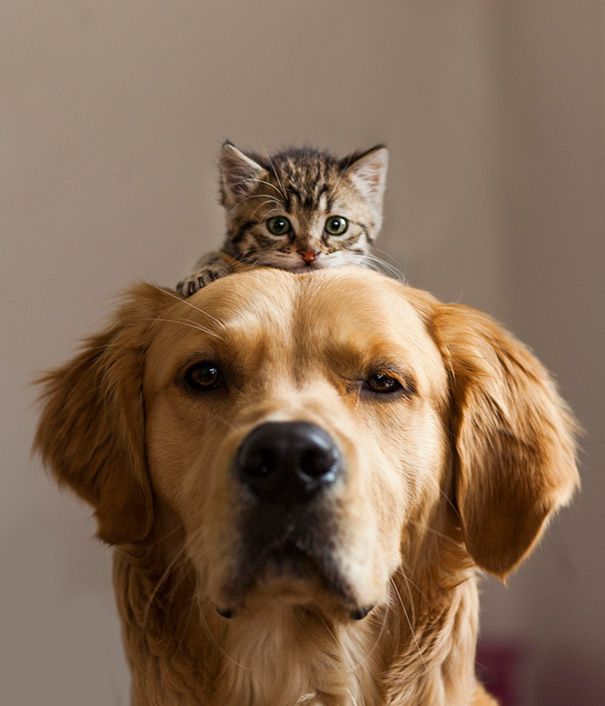
Pet owners often find themselves concerned when their furry companions display a curious interest in unusual items, and charcoal is no exception. While charcoal itself is not inherently toxic, certain types of charcoal products and additives, as well as the act of ingestion, can pose risks to the health of dogs and cats. Understanding these potential dangers is crucial for pet owners to safeguard the well-being of their beloved animals.
Charcoal comes in various forms, and the type of charcoal ingested by pets plays a significant role in determining the potential risks. Traditional charcoal used for grilling, often in lump or briquette form, is generally made from wood and other natural materials. While plain charcoal may not be toxic, it can pose a choking hazard or lead to gastrointestinal obstruction if ingested in large quantities. The size and shape of charcoal pieces make them challenging to digest, potentially causing blockages in the digestive tract.
Activated charcoal, on the other hand, is a form of carbon processed to have small, low-volume pores. It is commonly used in the medical field to absorb toxins and treat certain poisonings. While activated charcoal itself may not be toxic, it is typically administered under the guidance of a veterinarian in specific doses and contexts. If pets ingest activated charcoal intended for medical use without proper supervision, it can lead to unintended consequences.
The additives present in some types of charcoal products, such as those designed for a hookah or barbecue use, pose additional risks. Charcoal briquettes, especially those containing accelerants or chemicals for quick ignition, can contain substances that are harmful to pets. These additives are not meant for consumption and can lead to poisoning if ingested by dogs or cats. Symptoms of charcoal poisoning may include vomiting, diarrhea, lethargy, and difficulty breathing, and in severe cases, it can even be fatal.
In the case of shisha or hookah charcoal, which is commonly used for smoking flavored tobacco, the risk is further heightened. Some shisha charcoals are made with ingredients like sawdust, wood, and additives to enhance combustion. Pets ingesting such charcoals may be exposed to harmful substances, and the adverse effects can vary depending on the specific composition of the product.
If a pet owner suspects that their dog or cat has ingested charcoal, immediate veterinary attention is crucial. The veterinarian can assess the situation, perform diagnostic tests, and determine the appropriate course of action. Treatment may involve inducing vomiting, administering activated charcoal under controlled conditions, and providing supportive care to address any symptoms or complications.
Preventing charcoal ingestion is the best approach to keeping pets safe. This involves securing charcoal products in a location that is inaccessible to pets, monitoring their surroundings during outdoor activities, and educating household members about the potential risks. Pet owners should also be cautious about leaving used charcoal or ash within reach, as the scent may attract curious animals.
In conclusion, while charcoal itself may not always be toxic to pets, the additives in certain charcoal products and the risk of obstruction pose significant dangers. Responsible pet ownership involves awareness of potential hazards, prompt action in case of ingestion, and proactive measures to prevent access to charcoal products. By taking these precautions, pet owners can ensure a safe and healthy environment for their furry friends.